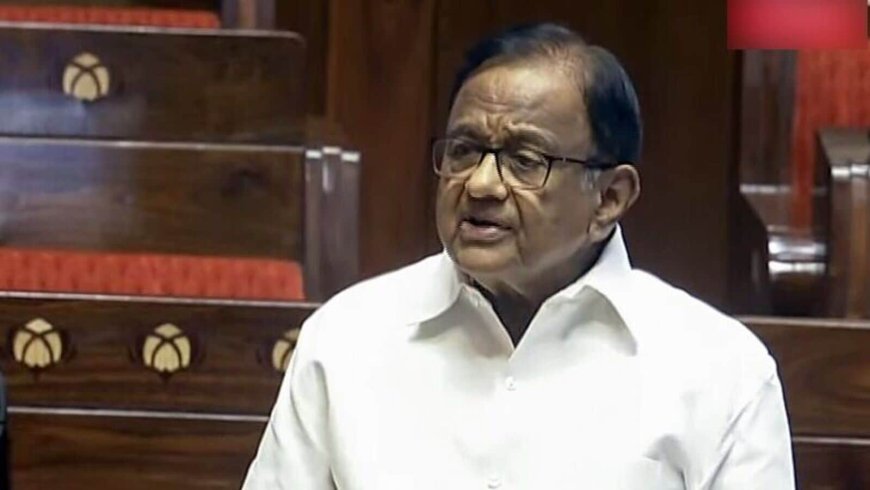On Trump tariffs, P Chidambaram suggestion to India: Reactive policy, evolve common approach
Congress MP Chidambaram's statement came as President Donald Trump promised to announce reciprocal tariffs on April 2, targeting countries with trade barriers on US products, which could include India and China.

On Trump Tariffs: P Chidambaram's Suggestion to India - Reactive Policy and Evolving Common Approach
In the realm of global trade, the policies implemented by major economies significantly impact nations around the world. Recently, former Indian Finance Minister P Chidambaram offered insightful advice to the Indian government concerning the tariffs imposed by the Trump administration. According to Chidambaram, India should adopt a reactive policy and strive to evolve a common approach in response to the shifting landscape of international trade.
Understanding the Context of Trump Tariffs
The Trump administration's approach to tariffs, particularly on goods imported from China and other nations, has sparked debates and prompted various countries to re-evaluate their trade strategies. Chidambaram believes that instead of pursuing unilateral measures, India must consider collaborative strategies that involve key partners. His perspective highlights the importance of adapting to changing global trade dynamics while ensuring that India's economic interests are safeguarded.
Chidambaram's Call for a Reactive Policy
P Chidambaram emphasized the necessity for India to respond proactively to international trade challenges, specifically those posed by the Trump administration's tariffs. By adopting a reactive policy, India can better navigate the complexities of global trade relations. This approach entails closely monitoring changes in tariff regulations and evaluating their impact on domestic industries.
The Importance of Evolving a Common Approach
In Chidambaram's view, it is crucial for India to evolve a common approach with other nations, particularly those that share similar trade concerns. By collaborating with like-minded countries, India can amplify its voice in trade negotiations and work towards establishing fair and equitable trade norms. This collective approach will not only bolster India's negotiating power but also foster stronger international partnerships.
Implications for Indian Economy
The insights provided by Chidambaram are particularly relevant as India seeks to enhance its position in the global economy. Navigating the complexities of tariffs and trade relations requires a strategic mindset that balances domestic priorities with international commitments. With the correct approach, India can effectively counter the challenges posed by unilateral tariffs while promoting sustainable growth.
Conclusion
As nations grapple with evolving trade policies, India's response to Trump tariffs will be crucial to its economic trajectory. Chidambaram's suggestions highlight a pathway that prioritizes collaboration and adaptability. By fostering a reactive policy and evolving towards a common approach, India can better navigate the turbulent waters of global trade and secure its economic interests for the future.
For more updates on international trade and economic policies, visit dharmyuddh.com. Keywords: Trump tariffs India, P Chidambaram advice, Indian trade policy, reactive policy in trade, common approach to tariffs, global trade strategies, impact of Trump tariffs on India, navigating international trade, India's economic interests, collaborative trade measures.







